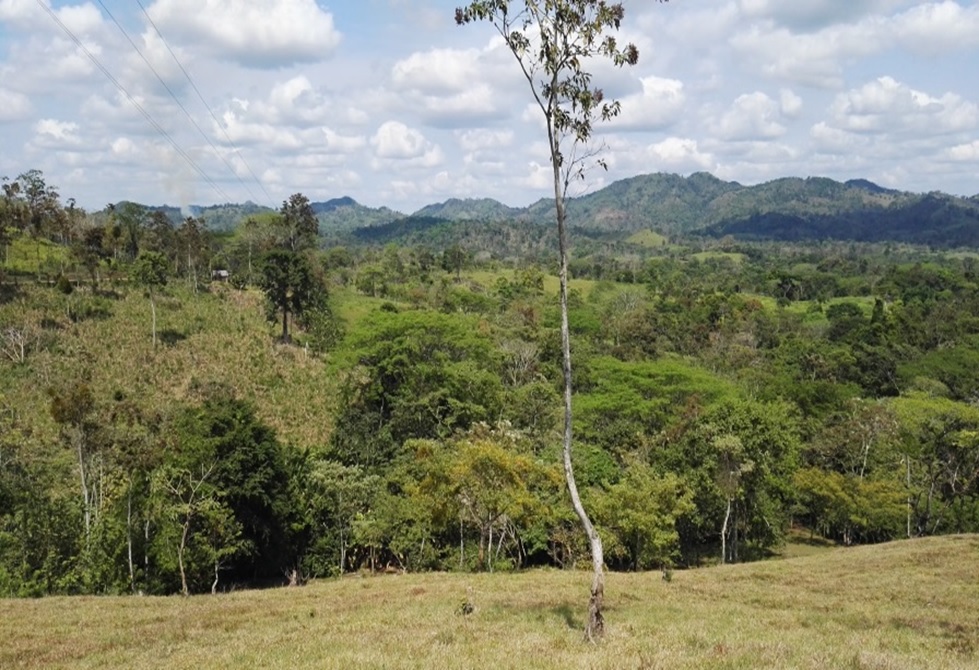Youth Forest Policy Days (YFPD) – 1-3 December 2022
Youth Forest Policy Days (YFPD) – 1-3 December 2022
Guest blog by Juliet Achieng, European Forest Institute
The current global youth (15-24 years) population stands at 1.2 billion translating to 16% of the global population and is expected to rise further by 7% by 2030[1]. The youth have immense potential and can provide innovative solutions to promote development. The need for equipping the youth with knowledge and opportunities that will allow them to thrive and showcase their abilities has been highlighted numerous times. An example of a youth led initiative and first of its kind is the YFPD, a conference-like online event organized by youth for youth to enable the youth community to exchange knowledge and gain more insights about international forest policies. The three-day online event employed diverse formats such as workshops, plenary and parallel sessions and role play game. A living library session focusing on working life provided an opportunity for the participants to be inspired to take action by stories from fellow youth and other professionals in the sector. Through the networking session, the participants had the chance to meet and exchange ideas and experiences with the professionals and participants.

World Forests, Society and Environment
World Forests, Society and Environment
Interview with Dr. Pia Katila, Coordinator of IUFRO’s Special Project on World Forests, Society and Environment (IUFRO-WFSE)

Dr. Katila is an expert in international forest policy, governance, and sustainable development with a special focus on developing countries. She works at Luke, the Natural Resources Institute Finland, based in Helsinki, where the WFSE Project has always been hosted. Visit: https://www.iufro.org/science/wfse/
Read more…10 Years of REDD+: Outcomes and Socio-Ecological Impacts
10 Years of REDD+: Outcomes and Socio-Ecological Impacts
Report by Mirjana Volarev, IFSA Intern at IUFRO
On 28th and 29th September 2021 IUFRO organized the digital IUFRO World Day event. During this event, participants had the opportunity to travel virtually across the globe and discover a wide array of forest research topics in over 70 live sessions and a similar amount of static information items.
Read more…Spotlight #84 – Task Force probes ‘whys’ behind increased tree mortality
Spotlight #84 – Task Force probes ‘whys’ behind increased tree mortality
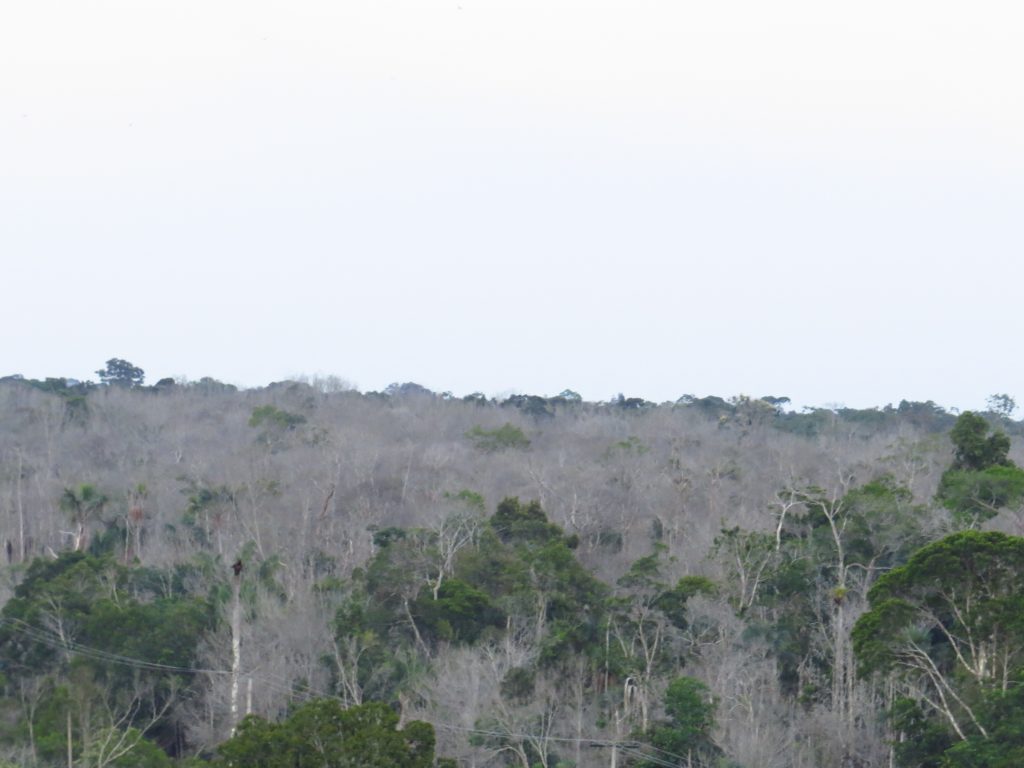
Tree mortality appears to be increasing at unprecedented rates.
One may be tempted to think: So what? Trees regenerate. They’ll grow back.
But, for a lot of reasons, it’s not quite that simple.
Read more…The world is fighting forest fires in the midst of a pandemic
The world is fighting forest fires in the midst of a pandemic
Interview with Dr. Andrey Krasovskiy originally published in French: https://journalmetro.com/perspective/2477417/monde-lutte-feux-de-foret-pandemie/
On 25 June 2020 by Miguel Velazquez, Métro World News
Dr. Andrey Krasovskiy is a Research Scholar working with the Ecosystems Services and Management Program (ESM) of the International Institute for Applied Systems Analysis (IIASA), Austria: https://iiasa.ac.at/
He is a Member of the IUFRO Task Force “Fire$: Economic Drivers of Global Wildland Fire Activity”: https://www.iufro.org/science/task-forces/global-wildland-fire-activity/
Q: What is the outlook for forest fires this year?
Forest fires are likely to keep the dynamics from previous years. Along with the problematic regions, such as Amazon, where forest fires are driven by deforestation, and Indonesia, where extremely vulnerable peatland areas are located, considerable fire events are to be expected in boreal forests of Russia, the US, and Canada. The forest fires might also show relative increase compared to previous years in Central European countries. There is a danger that post-quarantine human activities will further add to forest fire frequency in the Mediterranean region, as well as globally.
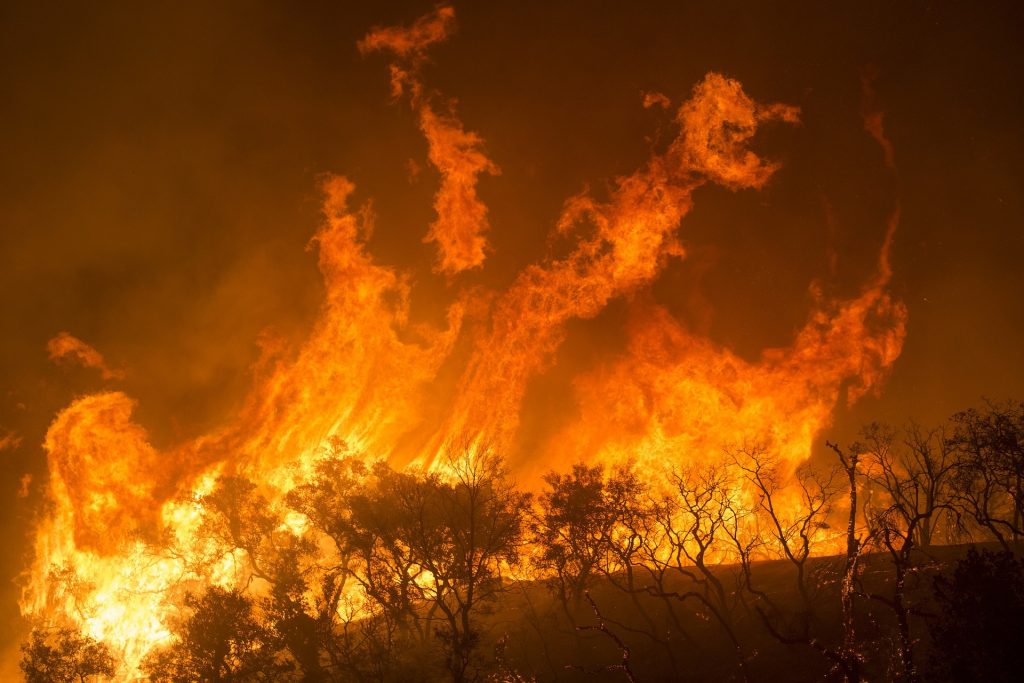
Studying Forestry to be Part of a Solution to a Problem
Interview with IFSA President Amos Amanubo
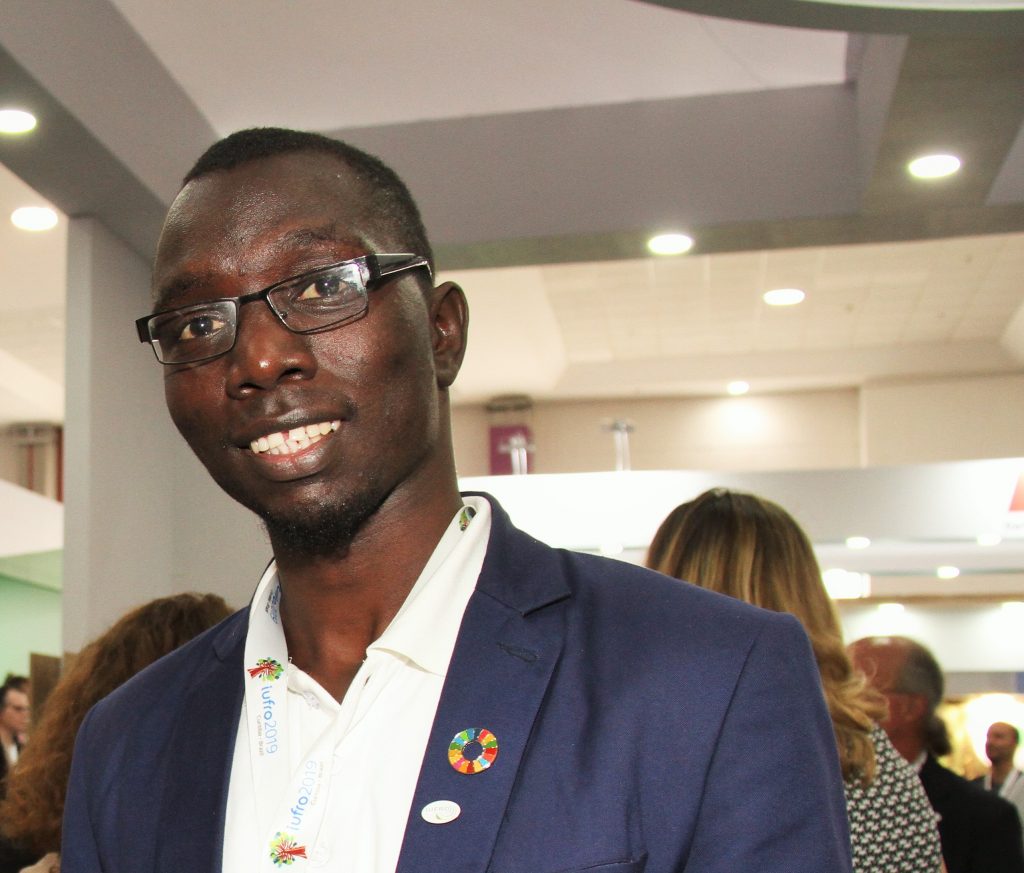
Amos is a 25 year old Ugandan and a recent graduate from Makerere University, Kampala, holding a Bachelor’s Degree in Conservation Forestry and Production Technology. He has been the President of the International Forestry Students’ Association (IFSA) since August 2019. His favorite pastimes are cycling through natural landscapes and meeting friends.
View from the forest: the interlinked crises of COVID-19, environmental degradation and inequity – A Guest Blog
The underlying cause of the COVID-19 pandemic is the spill-over of a virus from a presumed bat wildlife source – and its spread in the vast human population and its vulnerable systems. There are many questions yet unanswered about the virus’s source – which species of bat, was it sold in the Wuhan Wet Market, did a number of bat-human transmissions occur or were transmissions to other animal species involved in the development of a virus capable of human to human transmission. For the moment all efforts are on controlling the disease. It has emerged and spread rapidly around the highly connected planet. In the long run, understanding how to prevent further such pandemics will be a major focus.
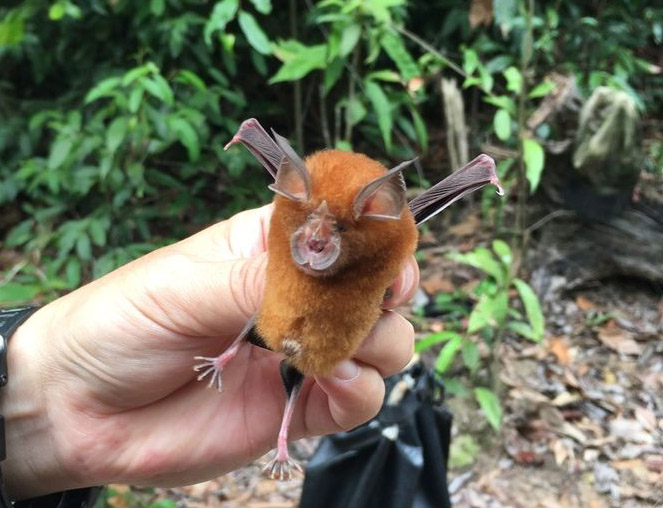
Link to license: https://creativecommons.org/licenses/by-nc/4.0/legalcode
Congress Spotlight #74 – Computer Science Solutions to Better Understand Forest Cover and Land Use Changes in Brazil
Congress Spotlight #74 – Computer Science Solutions to Better Understand Forest Cover and Land Use Changes in Brazil
Using 21st century technology to examine the dynamics of land use and land cover (LULC) in tropical forests over time, and how those forests are affected by the changes, will be among the subjects discussed at the IUFRO World Congress in Brazil shortly.
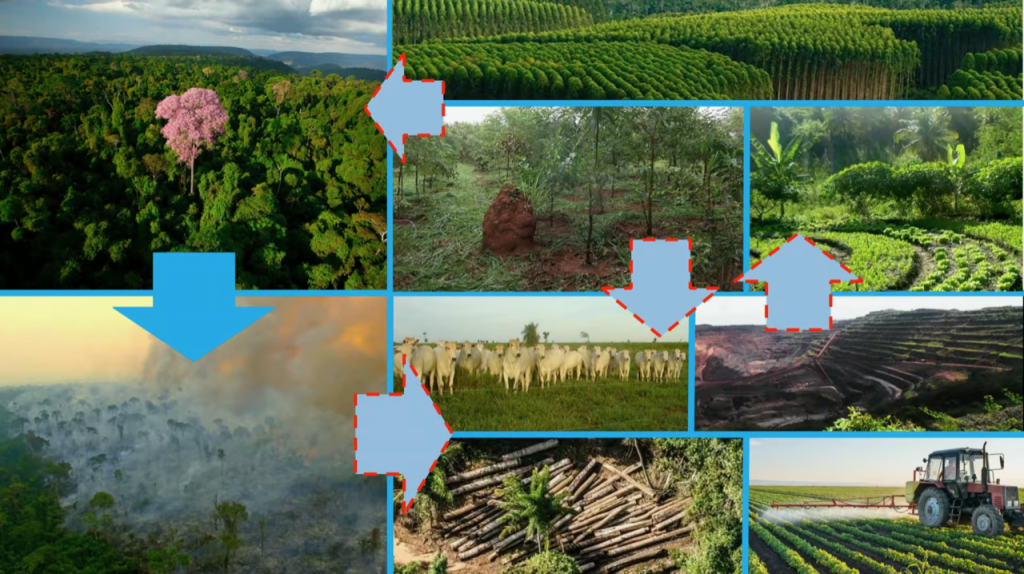
Putting a Halt to Tropical Forest Loss is a Matter of Human Survival
Putting a Halt to Tropical Forest Loss is a Matter of Human Survival
(Vienna, 9 September 2019) Never before, it seems, have forests received as much public attention as at present. Sadly, the reasons for this are most distressing: forest fires of unprecedented dimensions all over the globe; a growing lack of resistance of trees to stressors such as drought, pests and diseases; and the uncontrolled exploitation of forests in environmentally sensitive areas.
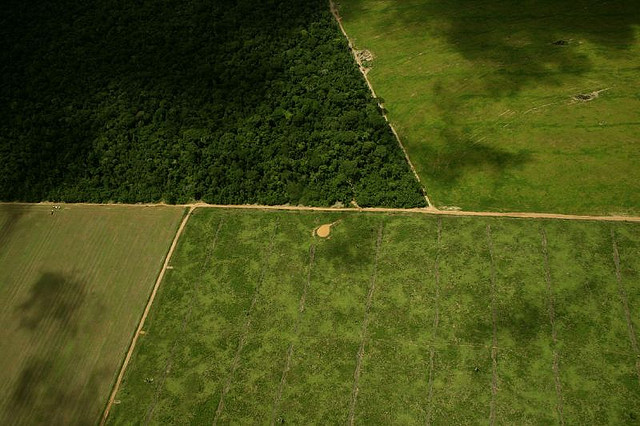
IUFRO Spotlight #67 – Tapping the potential of restoring disturbed tropical forests
IUFRO Spotlight #67 – Tapping the potential of restoring disturbed tropical forests
Since the 1980s most deforestation globally has occurred in tropical countries – Africa, South America and Asia. The high rate of deforestation and degradation contributes to the disappearance of 13 million hectares of tropical forests each year.
